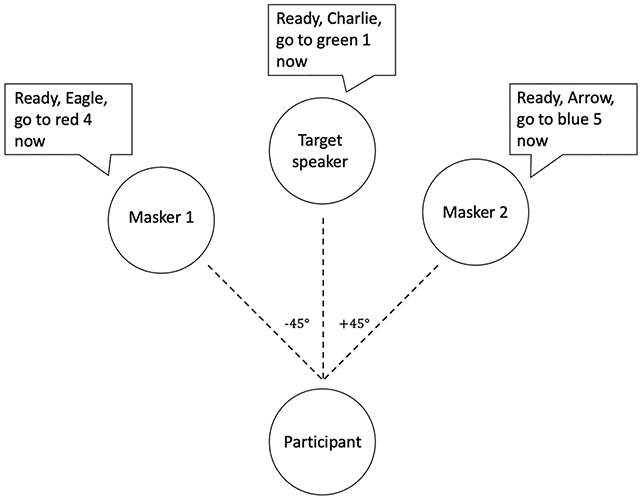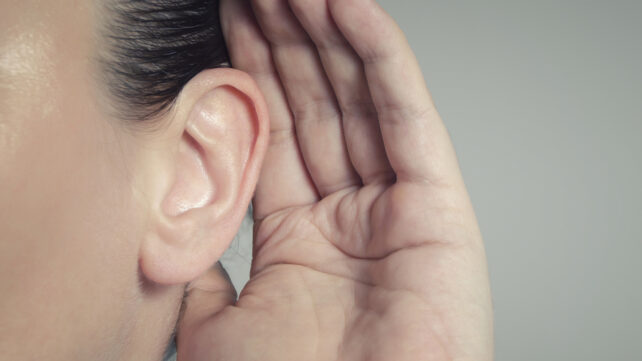Sometimes science comes up with associations that initially sound surprising, but which make more sense the more you think about them: like a link between having a lower IQ and also having difficulty hearing a conversation in a noisy environment.
Previous studies have identified that neurodiverse people can have more difficulty hearing what's being said in a noisy room, and researchers led by a team from the University of Washington wanted to gather more data on the topic.
The researchers recruited 12 participants with autism and 10 with fetal alcohol syndrome, as both conditions are linked with difficulty hearing in noisy environments and include people with a range of IQ levels. The control group included 27 neurotypical people, matching the age and sex of the other participants.
Related: Gene Therapy Can Restore Hearing in Adults, First-of-Its-Kind Trial Shows
After testing the volunteers' ability to pick out the details of a conversation produced by a computer program, with several other voices talking at the same time – known as the cocktail party problem – the researchers found that those with a lower IQ tended to find the task more difficult.
"The relationship between cognitive ability and speech-perception performance transcended diagnostic categories," says auditory neuroscientist Bonnie Lau, from the University of Washington.
"That finding was consistent across all three groups."

Importantly, all the participants were classed as having normal hearing. That suggests that difficulty hearing in noisy environments may have more to do with certain forms of cognitive function than anything related to our ears.
When you think about it, it makes sense: picking out what someone is saying from other background chatter means being able to separate audio streams, figure out which are important, and isolate speech. It's a lot of audio processing.
To keep a conversation going, you need to pay attention to and understand the various auditory and visual cues that come in, while responding appropriately (with a smile or a nod, for instance).
"All these factors increase the cognitive load of communicating when it is noisy," says Lau.
The noisy scenario is named after a cocktail party, but there are, of course, a host of other loud examples that we come across day-to-day: such as ordering in a bustling coffee shop, trying to focus on what's being said by a teacher in a loud classroom, or getting directions on a busy city street.
The researchers admit that their study uses a relatively small sample size, but suggest that their findings could help improve experiences for those who struggle in these situations, beyond giving them a hearing test – by moving certain students closer to the front of a classroom, for example.
Past studies have found ways to combat this specific hearing problem and have linked it to dementia. But the main takeaway from this recent study is that we need to go beyond the idea that problems with hearing always have the same underlying causes.
"You don't have to have a hearing loss to have a hard time listening in a restaurant or any other challenging real-world situation," says Lau.
The research has been published in PLOS One.

